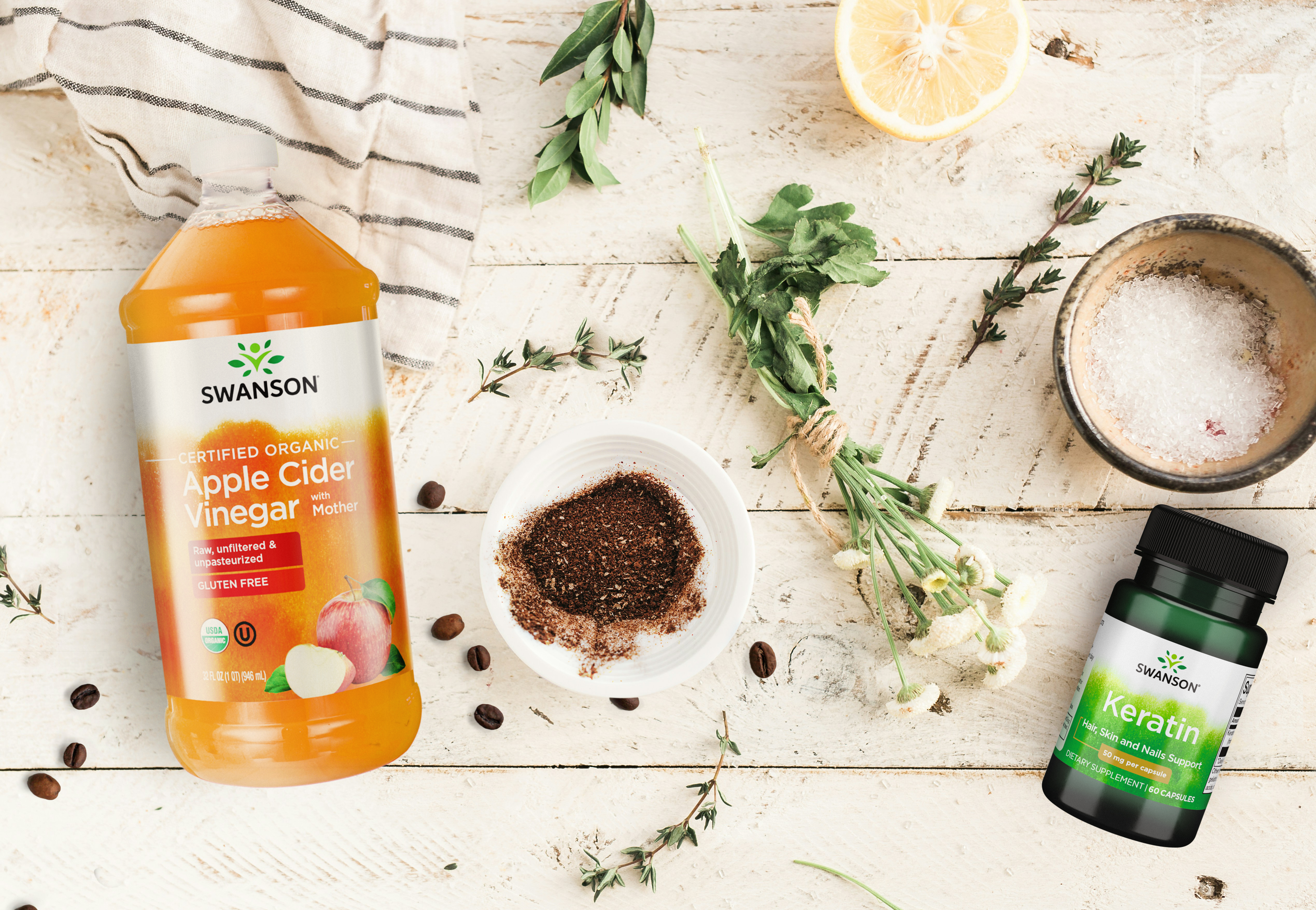Choosing a Sunscreen That's Just Right for You
It's that time again: time to talk about sunscreen! If you live in a chillier climate, you may not get outside as often as you'd like the rest of the year, but when spring and summer roll around, it's time to get moving and enjoy those sunny days and outdoor activities.
Having cookouts with friends and family, enjoying weekends at the beach or lake or sipping cold drinks on your patio are all probably on your mind during this time of year. There’s just one problem: you may end up looking like a lobster from having too much fun in the sun!
No matter the season, the sun is glorious in so many ways, but painful sunburns are not so fun, not to mention harmful. So to help you stay safe, here’s what you need to know about sunscreen for skin health.
UVA vs. UVB: What’s the Difference?
Two basic types of ultraviolet rays reach the earth's surface: UVA (ultraviolet A) and UVB (ultraviolet B). The latter is responsible for producing sunburn, while UVA rays can wreak havoc on otherwise healthy skin cells. UVA rays can also enter more deeply into your skin, causing premature skin aging, including wrinkle formation.1
You’ll find about 500 times more UVA rays in sunlight than UVB rays. However, you’ll want to protect your skin from both UVA and UVB rays.
Which SPF is Best for You?
Sunscreens have a number called SPF which stands for “sun protection factor.” This number refers to the level of protection the sunscreen provides against the sun’s UV rays, particularly UVB, which are the rays that cause the skin to burn (notice that doesn’t include harmful UVA rays).
Generally, the higher the SPF number, the better. But don’t buy into sky-high SPF numbers, which can give a false sense of security. You’d think that an SPF of 100 would give twice the protection of SPF 50, but that's not the case.2
Any additional protection above 50 is actually marginal, although the FDA has proposed that the maximum SPF level increase to 60+ to offer the best protection.3
Regardless of the number on your bottle, it’s still imperative you reapply sunscreen often per the directions on your product label and follow other sun safety tips, such as wearing protective clothing, donning a wide-brimmed hat, staying in the shade when possible and protecting your eyes with sunglasses that block both UVA and UVB rays.
Nutrients That Support Healthy Skin
Besides sunscreen, certain nutrients can boost your skin health. You may benefit from eating fruits and vegetables, including blueberries, strawberries, grapefruit, spinach, kale and a variety of peppers to get a boost of skin-loving antioxidant carotenoids.
You may also want to stock your cart with wild salmon, sardines, fortified eggs and walnuts to get your daily dose of essential fatty acids, which help promote healthy skin.
You can also get skin-supporting nutrients from supplements.4 Beta-carotene (vitamin A), plus vitamin C and vitamin E are all free radical fighters that help keep your skin healthy and may curb oxidative stress, which can harm your skin and cause signs of aging.
Popular Sunscreens from Swanson®
There are many sunscreen options on the market, from natural sunscreen to zinc oxide sunscreen, mineral sunscreen and more. Here are a few of our faves:
- Jason Family Sunscreen: Water resistant UVA & UVB protection for the whole family
- Mineral Fusion Mineral SPF 40 Moisturizer: Natural mineral protection in a facial moisturizer that's great for all skin types
- Alba Botanica Hawaiian Sunscreen SPF 45: Water- resistant with certified organic aloe vera. Perfect for daily wear
- Alba Botanica Alba Botanica Sport Sunscreen SPF 45: Emollient and moisturizing sun protection. Paraben free. 100% vegetarian ingredients
- Goddess Garden Goddess Garden Sport Natural Mineral Sunscreen SPF30: Water resistant for up to 80 minutes. Scent free. Dermatologist tested
Try different types of sunscreen to ensure you find the best sunscreen for you and your skin type. Also, sign up for Swanson Health Emails to get expert advice and our best promotions delivered straight to your inbox.

About Lindsey Toth, MS, RD
Registered Dietitian, Swanson Health Products
Lindsey is a nationally recognized registered dietitian and nutritionist with a soft spot for pie. She empowers people to take charge of their health by finding the balance between the pleasure and nourishment in food.
Her philosophy is that you should take care of your body because it’s the only permanent home you have. It’s what inspired her to pursue a career in nutrition and, ultimately, led her to Swanson Health.
*These statements have not been evaluated by the Food and Drug Administration. These products are not intended to diagnose, treat, cure, or prevent any disease.
Sources
1. What is the Difference Between UVA and UVB Rays? University of Iowa Hospitals & Clinics. Read source
2. What’s Wrong with High SPF? Environmental Working Group. Read source
3. New FDA Guidelines on Sunscreen. HealthLine. Read source
4. Nutrients for Healthy Skin. Radiance by WebMD. Read source



